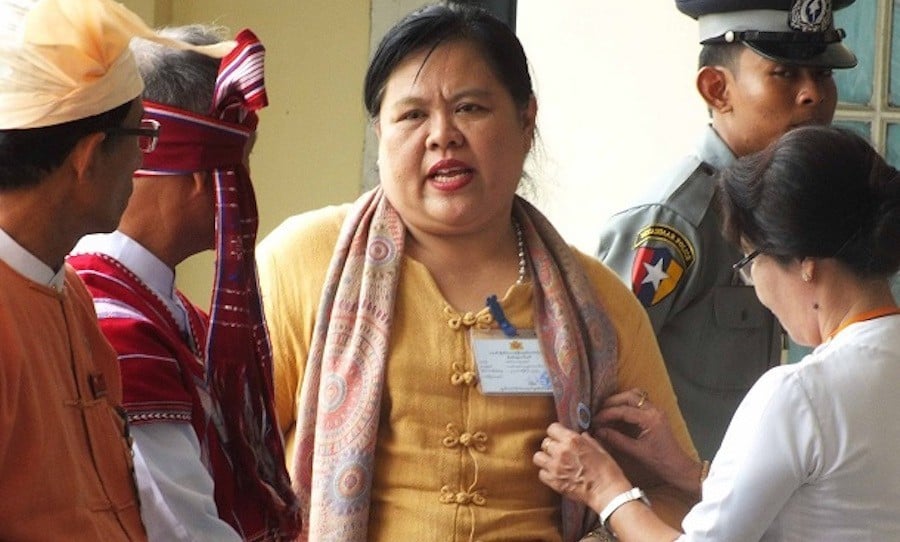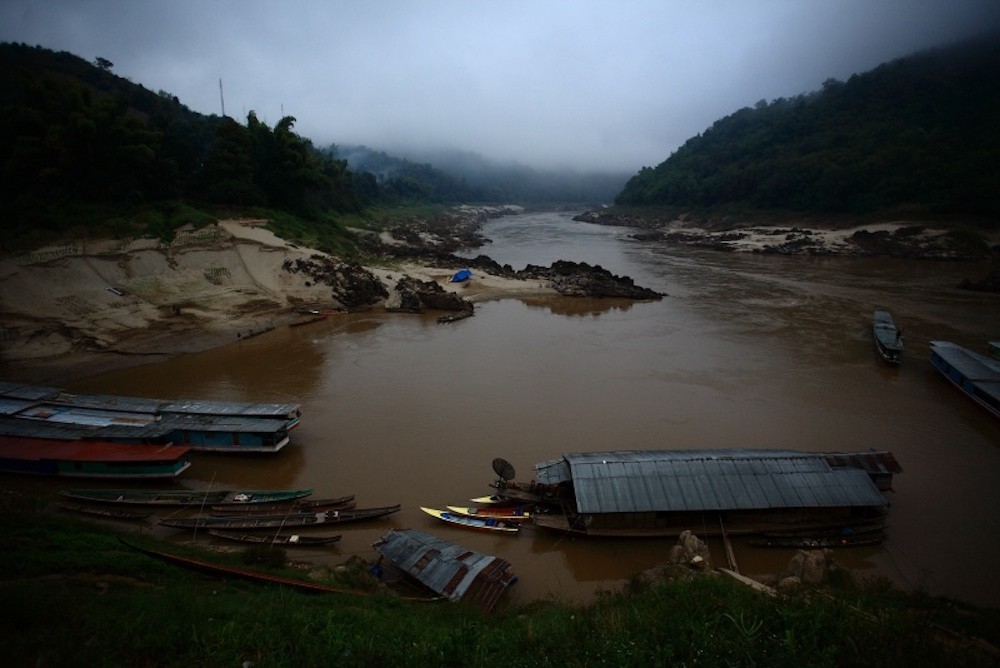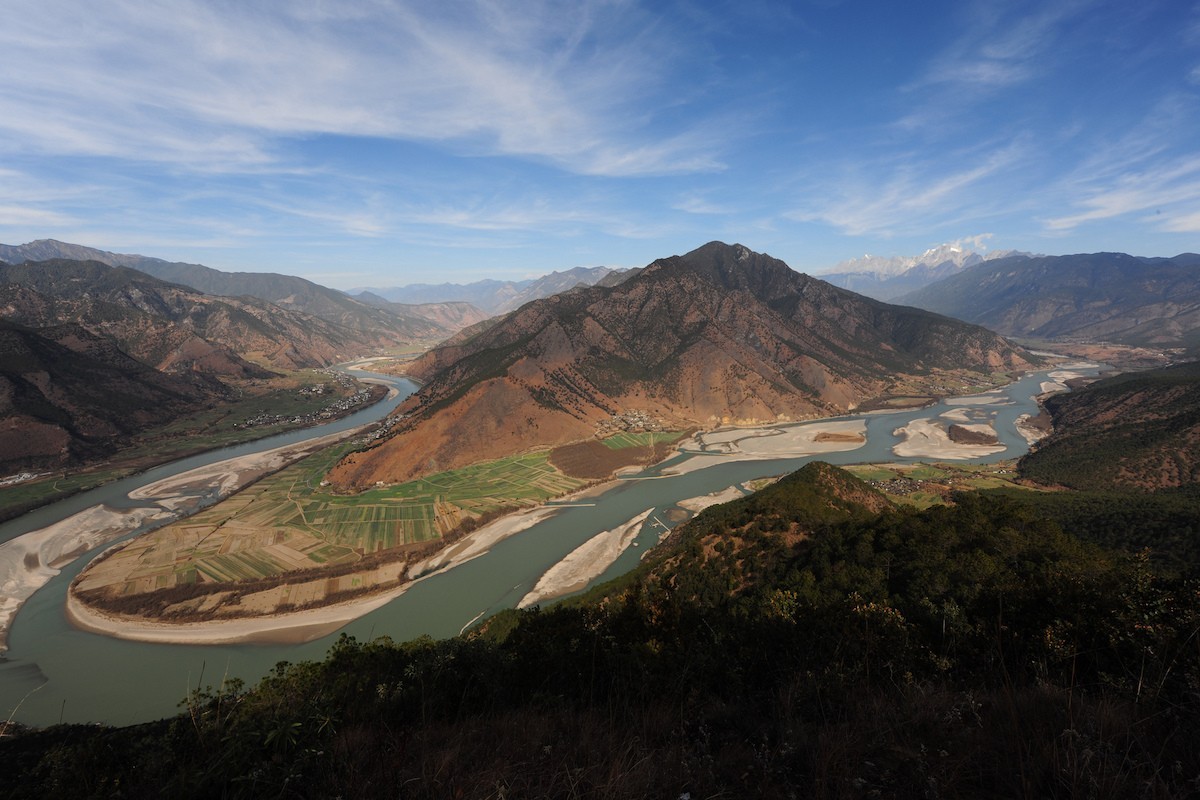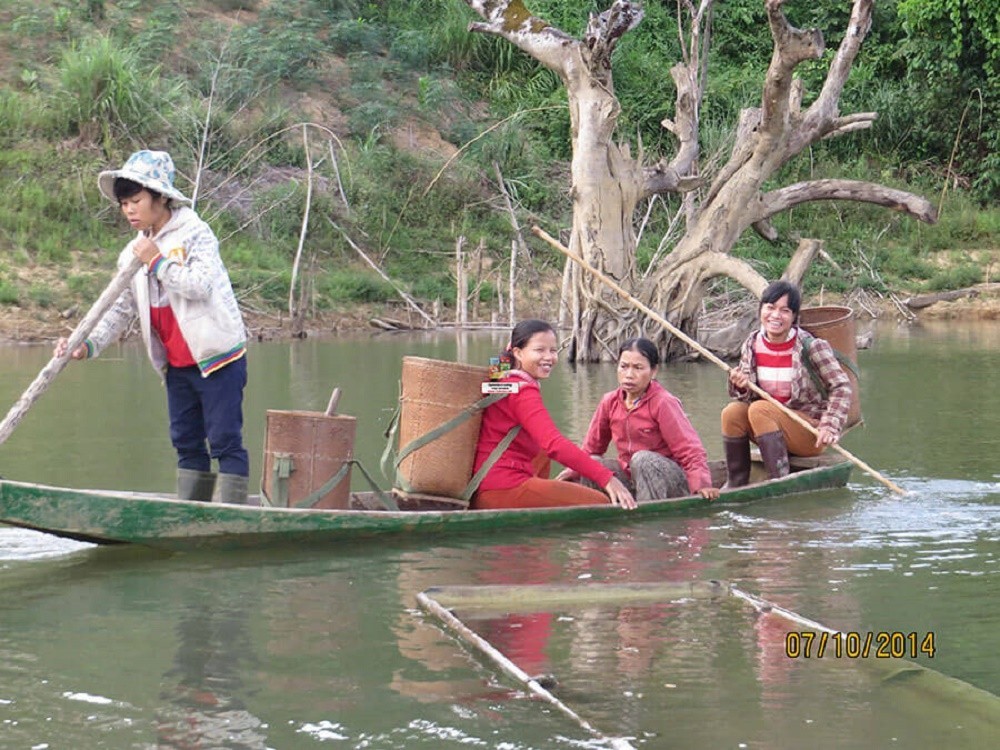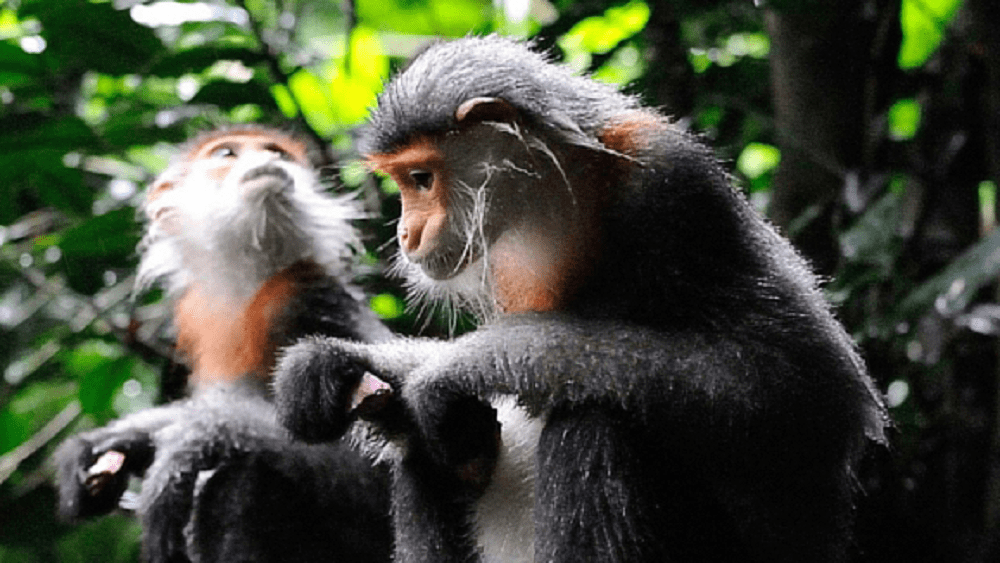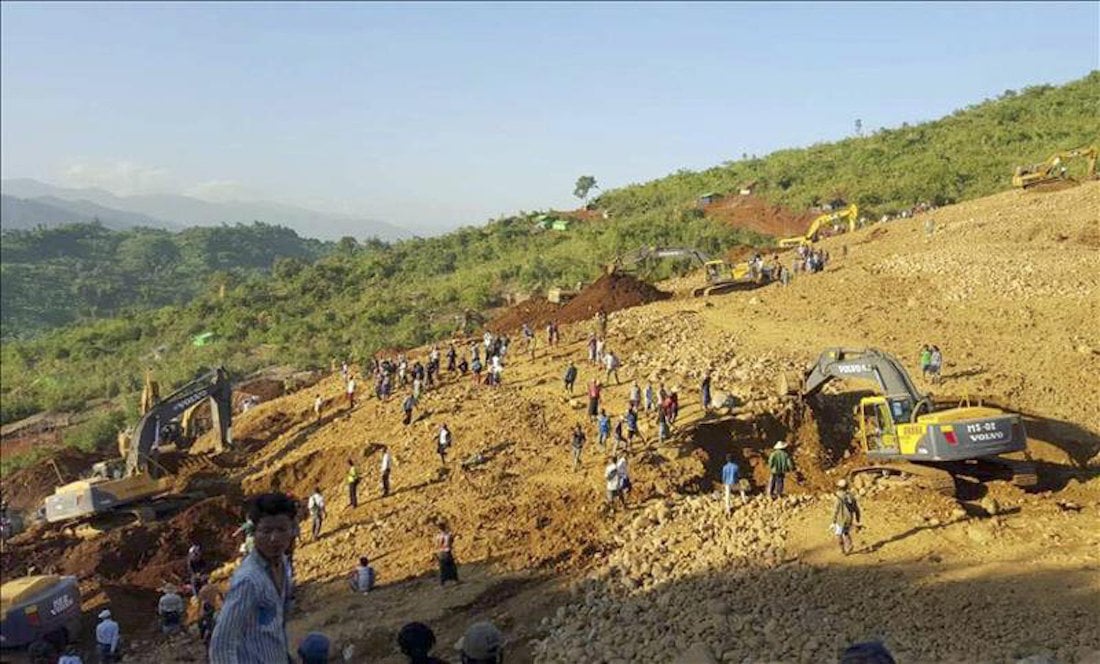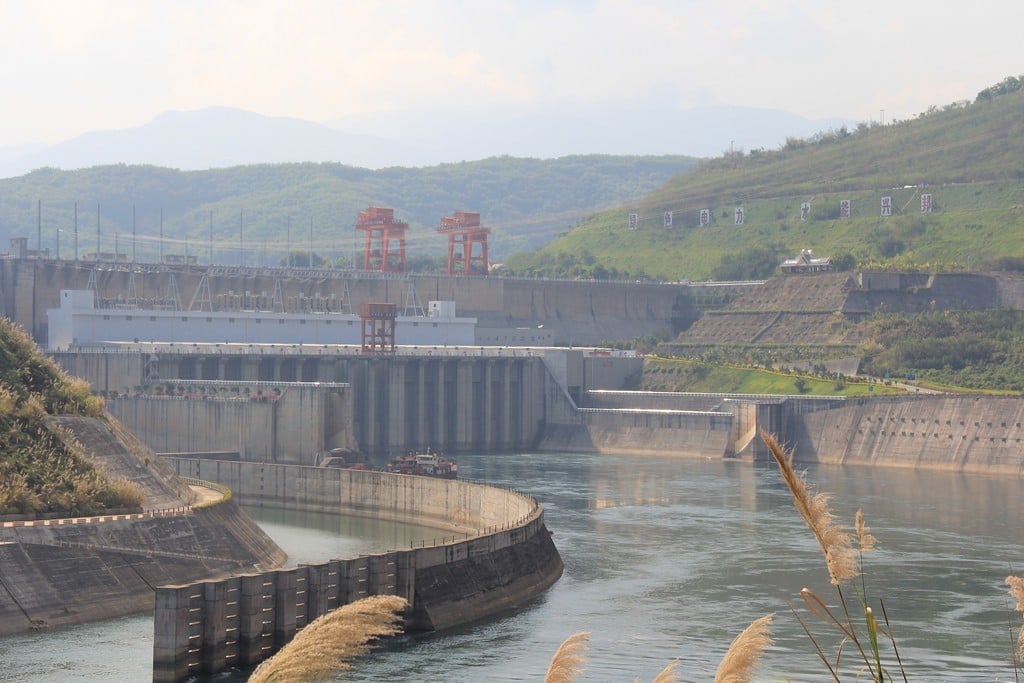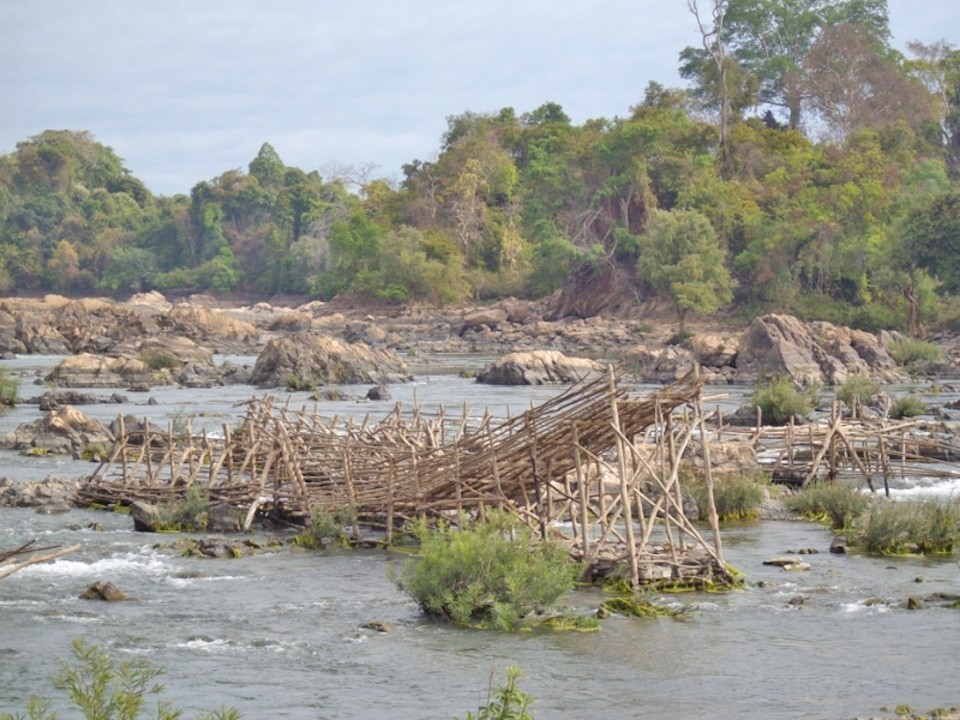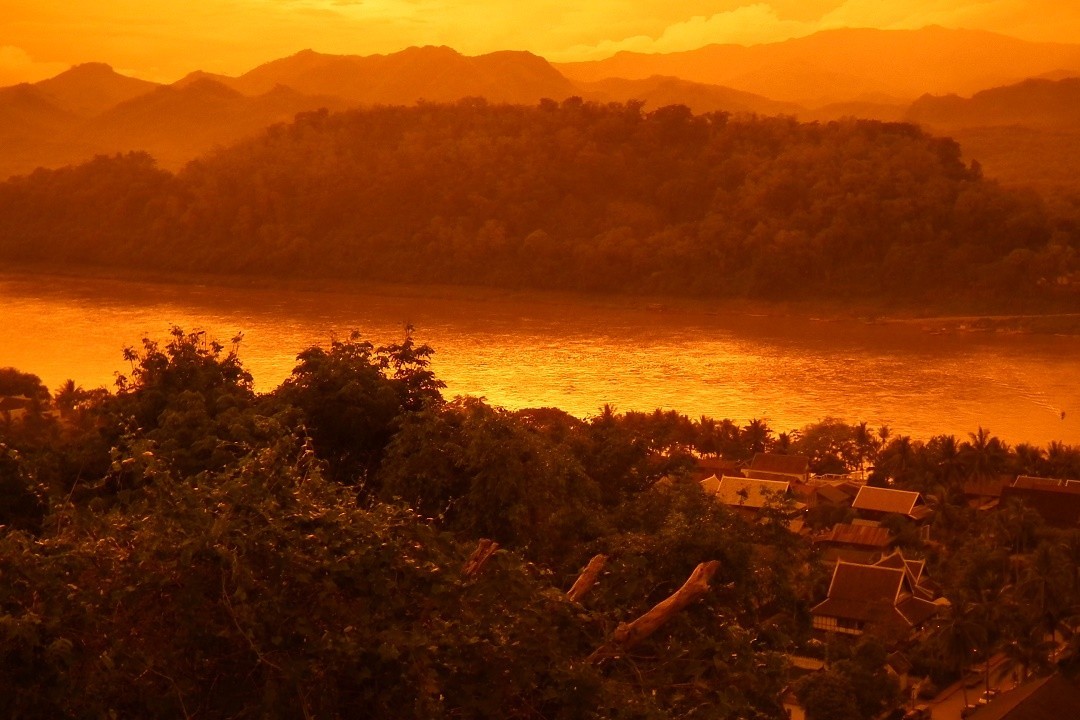Lei Lei Maw, a sitting lawmaker in the regional legislature for Tenasserim Division, was appointed chief minister of the division on Monday, becoming one of Burma’s first females to hold the position.
Burma’s state and divisional parliaments this week announced the incoming regional heads, appointed by President-elect Htin Kyaw, and the list included two women—Lei Lei Maw and Karen State’s Nang Khin Htwe Myint. Despite pro-democracy icon Aung San Suu Kyi’s prominence in Burma, women have been largely excluded from top political posts in her incoming National League for Democracy (NLD) government.
Lei Lei Maw, 51, is a medical doctor who joined the NLD in 2012 and ran in the November 2015 general election, representing Thayetchaung constituency. The ethnic Karen-Burman, Christian, and mother of four has run a private clinic for more than 20 years and has delivered free health care in remote villages.
She will succeed the Union Solidarity and Development Party’s (USDP) Myat Ko, who sought re-election in 2015 but was defeated. The ceremonial transfer of power will occur on Wednesday night in Naypyidaw.
The Irrawaddy spoke with Lei Lei Maw following her parliamentary appointment on Monday.


